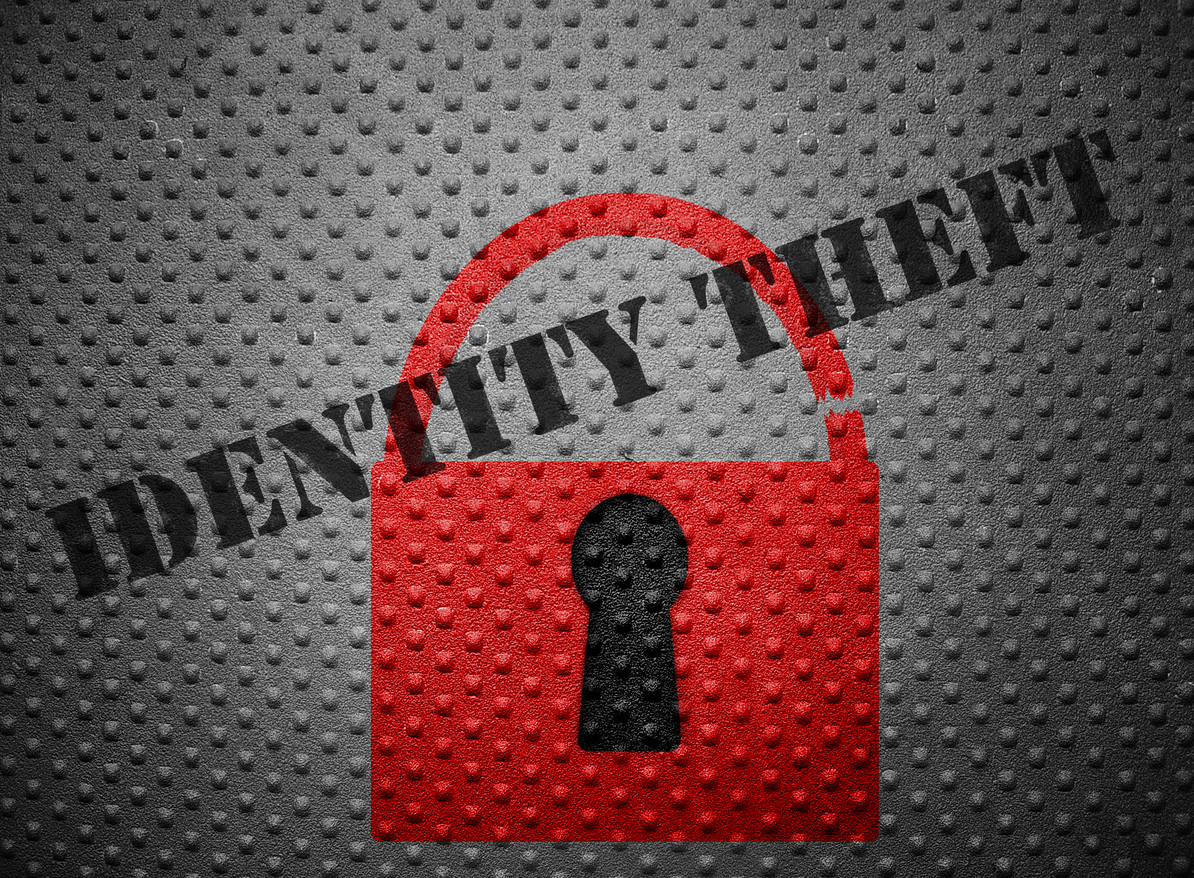Look Out for These Potential Identity Theft Red Flags
In today’s world, it seems like we are hearing about new cases of fraud1 every other day. With all of the recent data breaches, it makes sense. While identity theft and fraud can be scary, there are ways to help prevent it. Here are some potential identity theft red flags to be on the lookout for.
Typos and signs of alterations
Have you gotten any odd emails from a company you’ve never done business with? Or, a strange piece of mail from a business you do know, but something just seems off? Fraudsters can be clever, but they do make mistakes.2 If you get a suspicious email or letter in the mail, check to see if there are any typos or an altered logo. Communications might look legitimate, but small differences show they are not.
No or minimal contact info
Fraudulent websites and communications can sometimes look professional. Many fraudsters have web and design backgrounds, which can make it hard to discern if something is real or not. When faced with this question, look to see if a website or email has contact information,3 such as a physical address, legitimate company email and phone number. If these items are missing, that’s a big red flag.
They make threats
Threats are a trademark move of fraudsters. IRS scammers often make calls during tax season threatening to take legal action because you supposedly owe the IRS money, and demand payment immediately or else you will face legal action. They can also pretend to be from a financial institution, claim you owe them money, and if you don’t pay, they’ll sue. Real companies won’t make forceful threats, try to scare you into sending them money or demand you make payments through sketchy third-party sources. Get in contact with the company if you doubt a communication’s legitimacy.
Inconsistencies
In some fraud schemes, an imposter will get in touch with their target multiple times or is part of a team of fraudsters. With these multiple points of contact, inconsistencies in what they say, who they say they are, and what they want from you often happen. Differences in their stories could be a red flag that you’re dealing with a fraud.
The views expressed by the articles and sites linked in this post do not necessarily reflect the opinions and policies of Cash Central or Community Choice Financial® .
Sources:
1Caproal, Jack and Daly, Lyle. (2023, Mar 9). Retrieved from: https://www.fool.com/the-ascent/research/identity-theft-credit-card-fraud-statistics/
2Irwin, Luke. (2022, Mar 22). Retrieved from: https://www.itgovernance.co.uk/blog/5-ways-to-detect-a-phishing-email
3Toohil, Ryan. (2022, Dec 13). Retrieved from: https://www.aura.com/learn/how-to-identify-fake-websites

 You must have JavaScript enabled to use this site.
You must have JavaScript enabled to use this site.
 For a better user experience consider upgrading your browser.
For a better user experience consider upgrading your browser.

